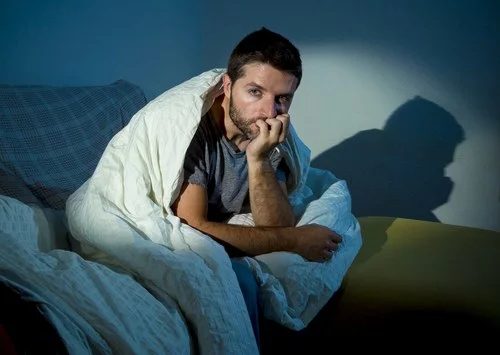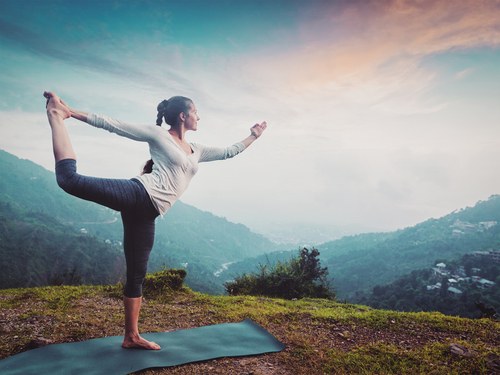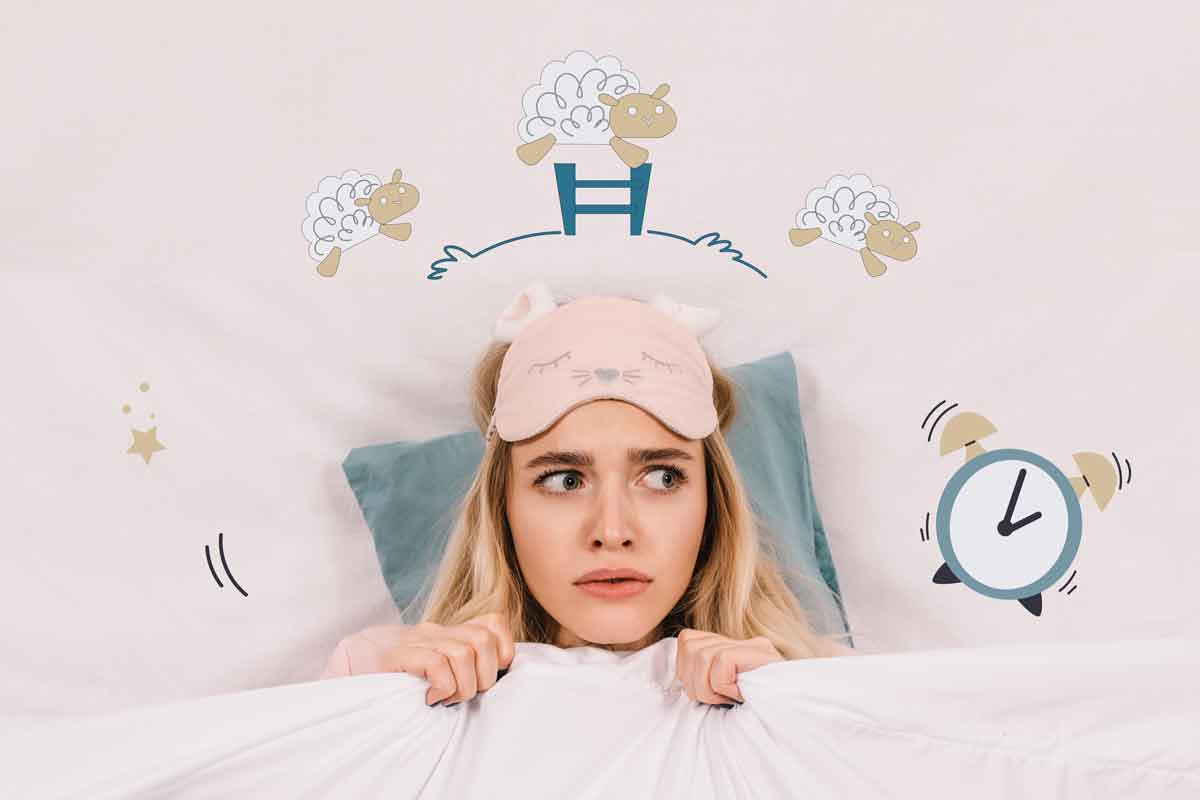There are many elements to a successful recovery. You have to address any traumas or mental health issues, forge strong social connections, make healthy lifestyle changes, and generally make a consistent effort to do all the things that keep you sober. One crucial but often overlooked element of a strong recovery is relaxation. Regular relaxation has many benefits, including lowering stress and anxiety, having more energy, sleeping better, and being healthier. Here are some ways to make relaxation a part of your recovery routine.
Exercise Regularly
It seems counterintuitive, but regular exercise is one of the best ways to help you relax. You might not feel very relaxed in the third mile of a run on a hot day, or while struggling to hold a pose on the yoga mat, but later you will feel far more relaxed. Exercise creates many physiological changes in your body that make relaxation easier and deeper. It increases serotonin and endorphins in your brain, improving your mood and relieving pain. Exercise changes your focus and stimulates different parts of your brain. It makes it easier to maintain a healthy weight, reducing inflammation and feelings of depression and anxiety. It also forces you to relax after a prolonged exertion. Exercise is the perfect reset after a stressful day and it helps you sleep better at night.
Get Enough Sleep
It’s hard to overstate the importance of sleep for recovery and general good health. Lack of sleep is a downward spiral, leading to more stress and anxiety and less sleep. Breaking that cycle in any way you can will help you feel more relaxed throughout the day. Problems don’t seem as daunting, you make fewer mistakes, and you get more done. Make sure you give yourself a chance to get enough sleep. Keep your room dark and quiet and try to go to bed and get up at the same times every day. Keep your caffeine consumption under control and if you metabolize caffeine slowly, don’t consume it after noon.
Have a Regular Routine
A chaotic routine makes you feel like you’re never quite sure what’s coming. That makes it hard to focus completely on what you’re doing, whether that’s work related, or relaxing. A regular routine allows you to be more efficient because you can get into a rhythm. Your mind and body know that at a certain hour, it’s time to be alert and focused, and at another hour it’s time to relax and wind down. Having a regular time to relax makes it easier to let go of tension and stress.
Meditate
Meditation is often thought of as just relaxation. A common idea is that you breathe deeply, empty your mind, and bliss out. In practice, meditation is typically more about learning to stay present. This, in itself, is often far from relaxing. Especially in the beginning, your mind will want to jump around, one minute fixating on some embarrassing thing you did years ago, and then drifting toward some worst-case scenario for the future. Although meditation is often more frustrating than relaxing, gradually you learn to stay present and be less anxious about the future. That means, when you actually are relaxing, you are focused on your pleasant surroundings and not some other problems.
Spend Time in Nature
Studies have shown that spending time in nature reduces feeling of stress, anxiety, and depression. There are compounds in the soil that stimulate the release of endorphins and plants release chemicals that stimulate the immune system, making you less vulnerable to infections and cancer. Just looking out the window at natural scenery, or even looking at pictures of nature, have been shown to reduce stress and anxiety. Getting out into nature is a great way to disconnect from the pace and pressures of daily life. Even better is if you combine nature with other ways of relaxing, such as exercising, meditating, or spending time with loved ones.
Learn Relaxation Techniques
There are many techniques that can help you learn to relax. Some involve visualization, such as picturing yourself in a relaxing place such as the woods or the beach in as much sensory detail as possible. So instead of just imagining the postcard picture of the beach, you feel the hot sand, smell the sunscreen, and hear the waves. This evokes relaxation through calming imagery, but it also moves your brain into an alpha state, which is more conducive to relaxation.
Another popular technique involves progressive relaxation. This is where you get comfortable, either sitting or lying down, and go through every body part individually, releasing tension. You can either do this by letting it relax, tensing it for a few seconds, then letting it relax, or using some kind of visualization, such as imagining your left arm melting as the tension dissipates. Once you get all the way through your body, you should feel deeply relaxed. If you do this in bed, you’ll probably fall asleep before you finish.
Spend Time with Friends and Family
Socializing is often an underrated way of relaxing. If you work long hours or have struggled with addiction, you might be used to socializing in a way that’s closely tied to work, or substance use, or both. Those aren’t especially relaxing ways to socialize. Much better is a quiet dinner with friends or family, doing things outside, or just dropping in for a chat. This helps you relax in several ways. First, it distracts you from whatever you happen to be worried about. Becoming interested in other people’s problems helps you forget your own, and the feelings of compassion that engenders improves your mood.
Second, it builds social capital. When you are willing to help other people with their problems, or at least listen, you feel more connected. Just knowing that you’re not alone and there are people you can count on makes you feel less lonely, stressed, and anxious. You may be surprised how lunch with a good friend can turn a bad day around.
If you or someone you love is struggling with addiction or mental illness, The Dawn Medical Rehab and Wellness center can help. We are one of Thailand’s most respected addiction treatment and wellness centers. We use established, research-backed treatment modalities such as CBT and MBCT, as well as cutting-edge treatment modalities to provide personalized care to treat addiction, depression, anxiety, bipolar disorder, personality disorders, PTSD, and executive burnout. See our contact page to reach us by phone or email.
Related Posts
 Why Relaxation is an Essential Part of Recovery
We’re used to the idea that anything worth doing takes persistent effort. Nothing good happens on its own. In many ways that’s true of recovery from addiction and mental health...
Why Relaxation is an Essential Part of Recovery
We’re used to the idea that anything worth doing takes persistent effort. Nothing good happens on its own. In many ways that’s true of recovery from addiction and mental health...
 How Is Insomnia Treated?
If there’s one essential pillar of mental and physical health, it’s getting enough quality sleep. Although sleep seems like doing nothing, your body is doing a lot. Sleep is when...
How Is Insomnia Treated?
If there’s one essential pillar of mental and physical health, it’s getting enough quality sleep. Although sleep seems like doing nothing, your body is doing a lot. Sleep is when...
 6 Ways Yoga Can Improve Addiction Recovery
Yoga was once thought of as a fringe activity, a form of contortionism for new-age types, but now, along with running and vegetables, it’s emblematic of a healthy lifestyle. Anyone...
6 Ways Yoga Can Improve Addiction Recovery
Yoga was once thought of as a fringe activity, a form of contortionism for new-age types, but now, along with running and vegetables, it’s emblematic of a healthy lifestyle. Anyone...
 Could Your Insomnia Be Due to a Mental Health Condition?
Trouble sleeping is often a symptom of a deeper issue, and for some people, may be linked to a mental health disorder. Fortunately, the right kind of treatment can provide...
Could Your Insomnia Be Due to a Mental Health Condition?
Trouble sleeping is often a symptom of a deeper issue, and for some people, may be linked to a mental health disorder. Fortunately, the right kind of treatment can provide...





